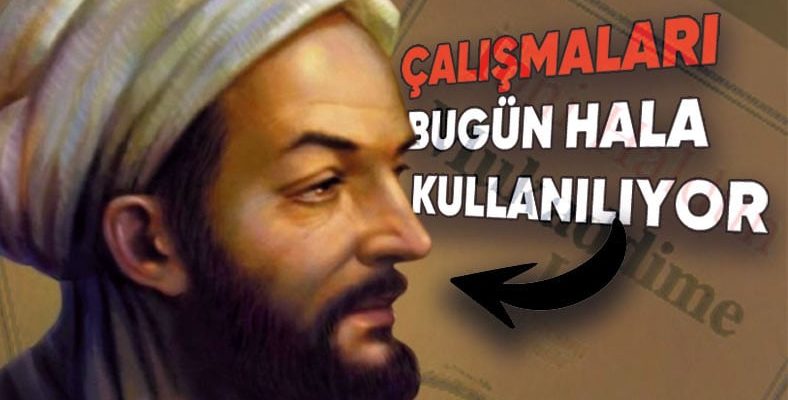Ibn Khaldun, one of the most important names of the Golden Age of Islam, produced important works and put forward unique ideas throughout his life. The most well-known work of Ibn Khaldun, which sheds light not only on the period in which he lived but also on subsequent periods, with all these thoughts he put forward, is the Muqaddimah.
While Europe was drifting in the darkness of the Middle Ages, Islam was experiencing its golden age. One of the most important names in this period, which took place between the 8th century and the 14th century and is called the Golden Age of Islam, is Ibn Khaldun. He has worked on many subjects throughout his life. Ibn Khaldun wanted to pass on all these works to future generations. He wrote many important works, especially the Muqaddimah.
Ibn Khaldun existed not only as a scientist, he was also a successful statesman. He even had to spend a period in prison due to his political identity. The ideas he put forward somehow influenced all the Islamic states that emerged in the following period, especially the Ottoman Empire. So much so that the effects of Ibn Khaldun continue to some extent even today.
Well-educated son of a noble family: Who is Ibn Khaldun?
His full name is Ebû Zeyd Veliyyüddîn Abdurrahmân b. Muhammad b. Muhammad b. Muhammad b. Hasen el-Hadramî el-Mağribî et-Tûnisî’, that is, Ibn Khaldun; As the son of a family originally from Yemen He was born in Tunisia on May 17, 1332. The adjective Tunisia in his name comes from his place of birth, and the story of Haldun is based on his past.
Ibn Khaldun’s great-great grandfather settled in the city of Carmona during the conquest of Andalusia. His real name is Khalid b. Osman b. Behold, this person who is As an Andalusian tradition, it was called Haldûn to express respect. His descendants became known as Beni Haldun. After experiencing political turmoil in Andalusia, the family moved to Tunisia. Ibn Khaldun is the son of that family.
We learn about Ibn Khaldun’s life from his autobiography:
Most of the information about Ibn Khaldun was written by himself. It is based on his autobiographical work Et-Ta’rif. His father, who was his first teacher, taught Ibn Khaldun the Holy Quran. Later, he received education in Arabic language, hadith and fiqh. Thanks to the literature courses he took during this period, he met many important poets and memorized their poems.
Ibn Khaldun, who was not satisfied with the information he received from all these trainings, consulted el-Âbilî, one of the greatest philosophers of the age. He took philosophy, logic and mathematics courses. He was only 17 when he learned all this. Unfortunately, he lost his family due to the plague epidemic during this period.
Madrasa period studies were divided by imprisonment:
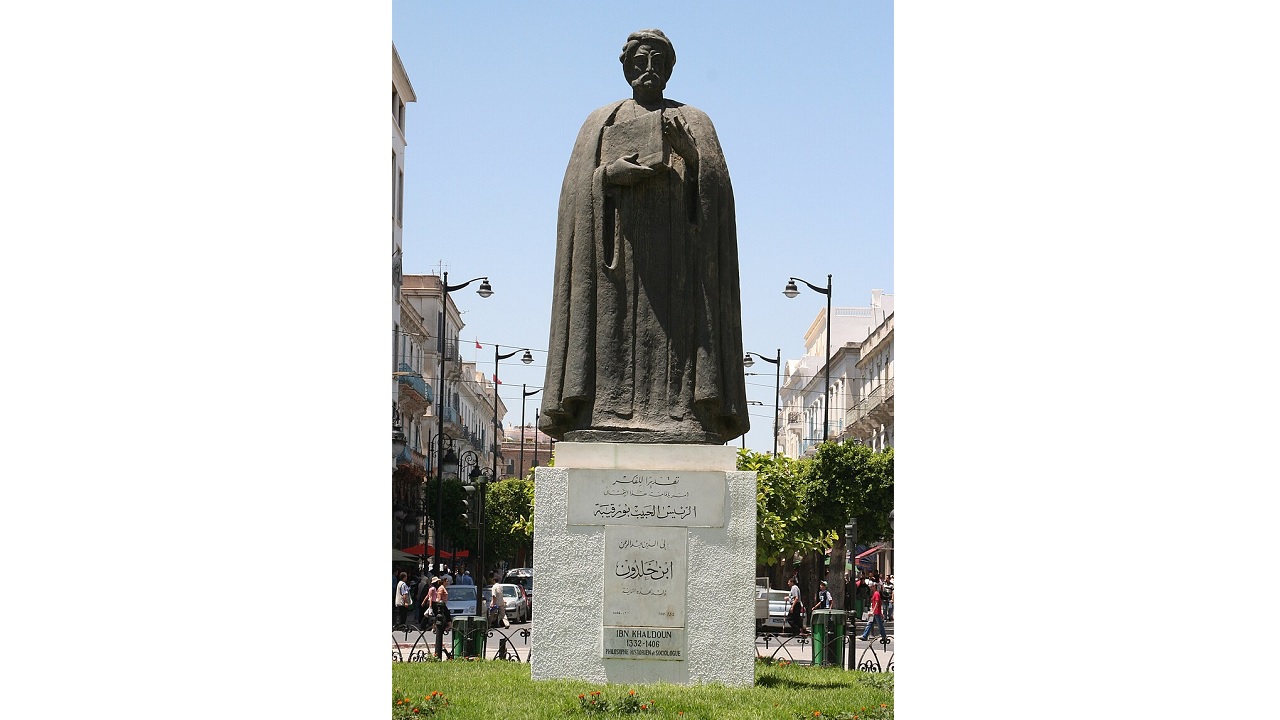
After his education, Ibn Khaldun first started working as a clerk in the Tunisian palace. Later, he moved to Morocco and took on the position of omen scribe. Ibn Khaldun, who moved to Abu İnaniye Madrasa in the same period, started to live and work here. Meanwhile, writing edicts for the Sultan of Merini got him into trouble.
on the grounds that he was involved in some plans against the Sultan. When he was only 25 years old, Ibn Khaldun was imprisoned and spent 22 months in prison. When the administration changed after the death of the Sultan, he took on the duties of secret secretary and judge. But there were too many people against him. For this reason, he moved to Granada in 1362.
Ibn Khaldun became a rising name in politics:
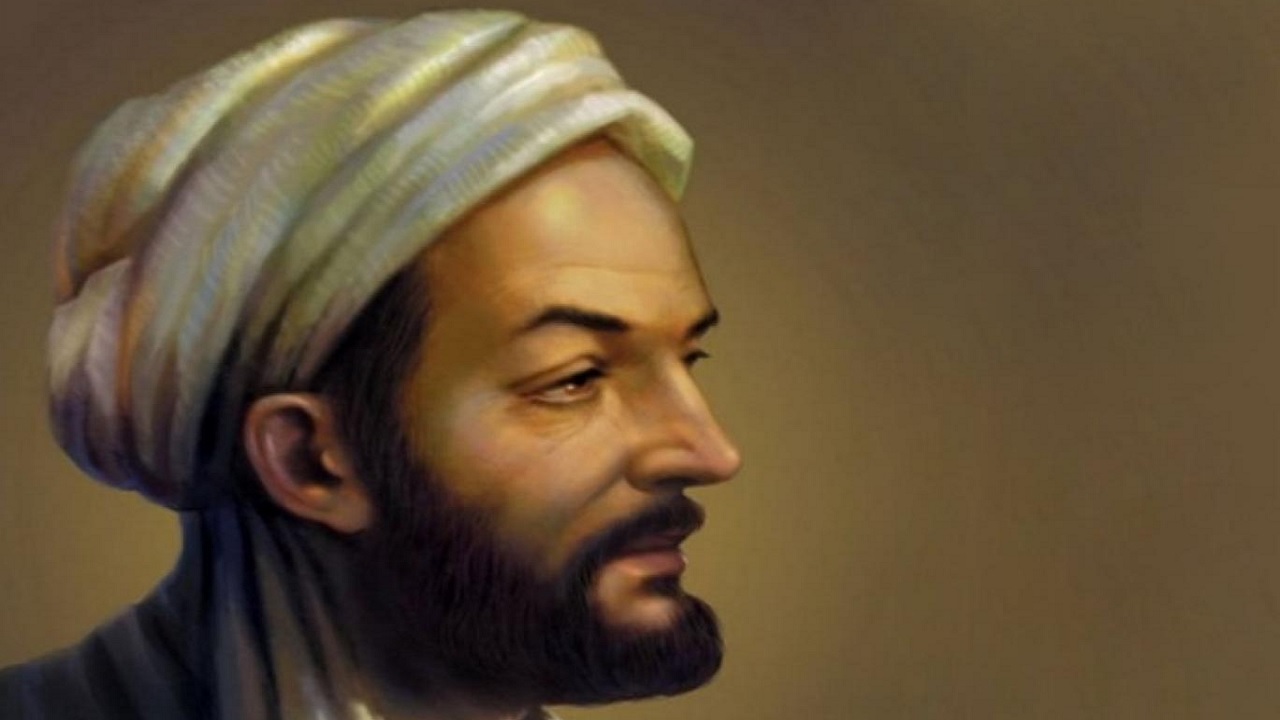
Ibn Khaldun, who received some embassy duties in Granada, went to North Africa for different reasons. Here He started his duty as the vizier of the Hafsî Sultan. There was a very complex political environment in the region, but despite this, Ibn Khaldun produced many important works during this period.
While he lived here, he wrote the Muqaddimah, the first part of the book Kitâbu’l-İber. He went to Tunisia because he needed more resources. He traveled to many countries while working on his book. He then went to Egypt, where, in his own words, the second phase of his life began.
He lived his most productive times in Egypt, where he lost his life:
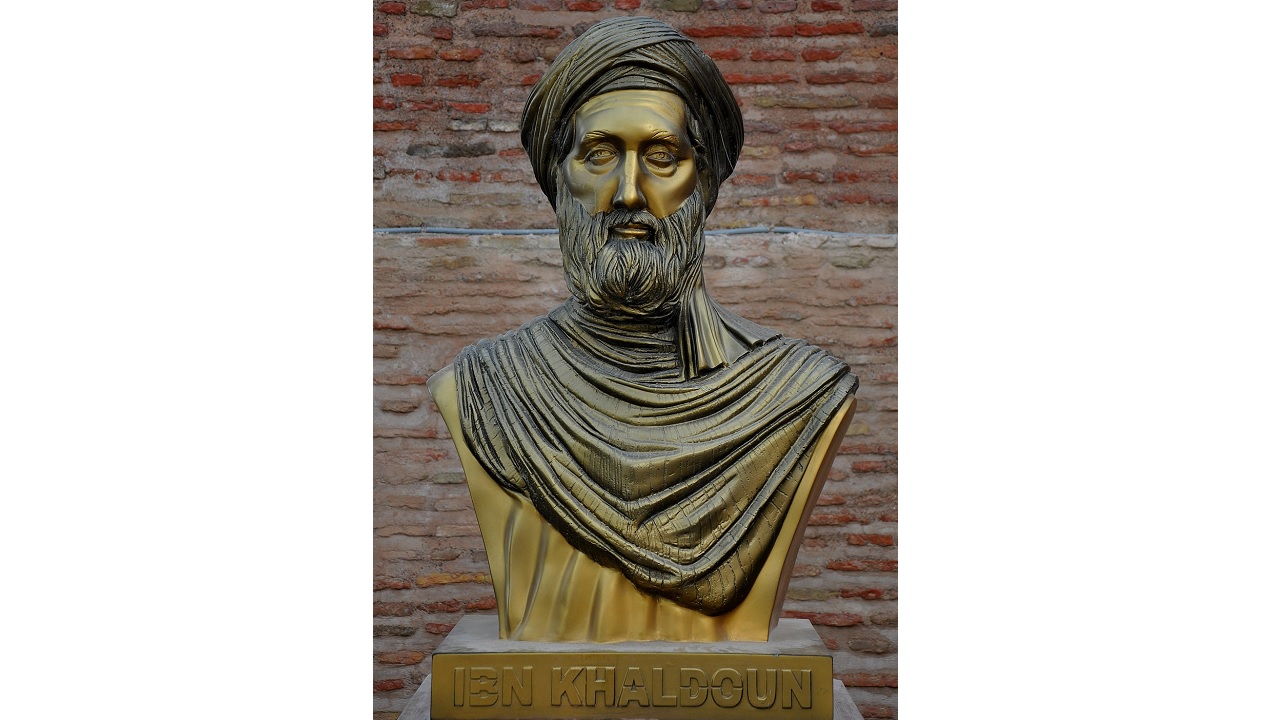
Egypt, which was under the control of the Mamluks at that time, was a culturally rich and prosperous region. Here, Ibn Khaldun was appointed as the teacher of Kamhiye Madrasa and the Head of Cairo Maliki. When some of the reformist comments he made during the lectures he gave drew reaction, he was tried and acquitted, but in the meantime he resigned from some of his duties.
After performing the pilgrimage, he returned to Egypt in 1388, and drew criticism due to the fatwas he published together with some judges. In 1400, Even though he is almost 70 years old He wanted to join the campaign against Timur, but when things did not go well, he stayed in Damascus, which was besieged by Timur. As he detailed in his autobiography, he had some meetings with Timur and eventually returned to Cairo.
After returning to Cairo, he worked as a judge and a teacher for five years, working on his autobiography and other works. He died on March 17, 1406, at the age of 73. His body was buried in the Sufiyya Cemetery located outside the Nasr Gate.
Ibn Khaldun actually does not have many works:
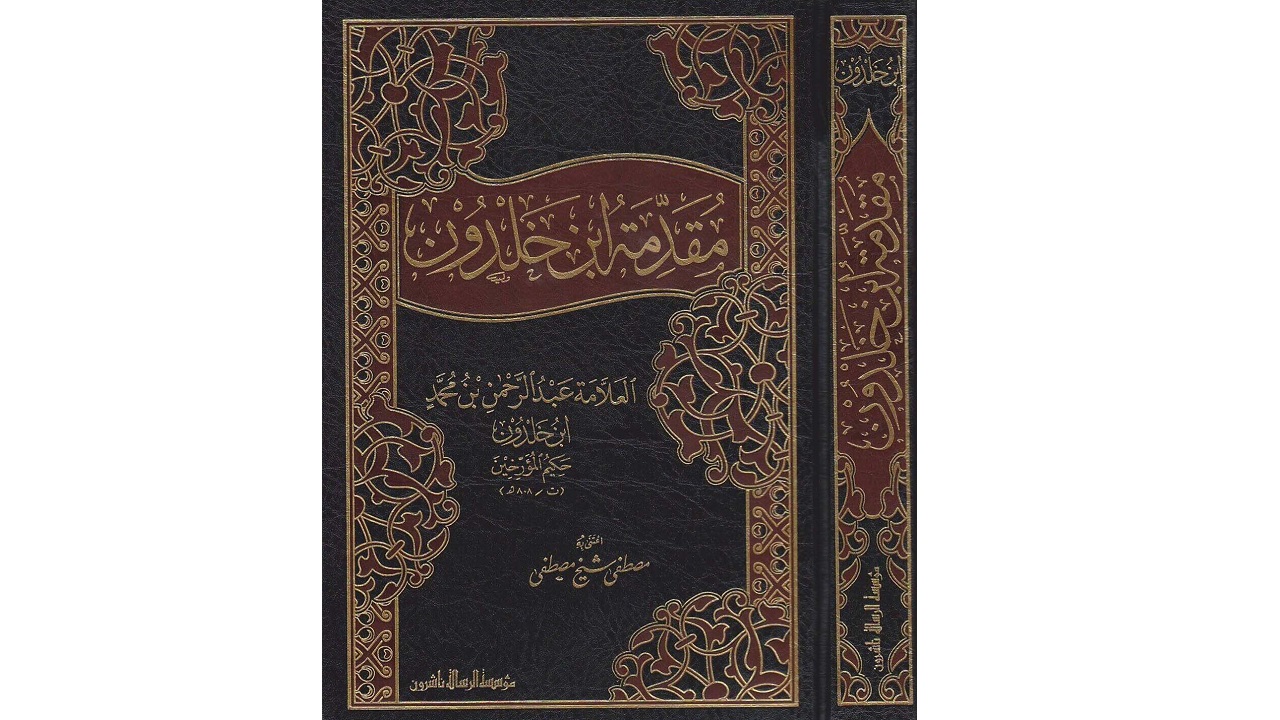
Although Ibn Khaldun wrote numerous works on many different subjects, there are not many works he left behind. The greatest of these is Kitâbu’l İlber, which we know with its introduction, the Introduction. with its full name Kitâbu’l-Iber ve Dîvânu’l-Mubtede’ ve’l-Haber fî Eyyâmi’l-Arab ve’l-Acem ve’l-Berber ve men ‘Asarahum min zeviyiyî’s-Sultâni’l-Ekber; In Turkish, it is a book called The Book Collecting and Interpreting Sources and News about the Battles of Arabs, Non-Arabs, Berbers and the Great Powers of the Same Period.
His other works include his autobiography, Et-Ta’rif, commentary on Kaside-i Bürde, treatise on philosophy, Kitab al-mantık, Account, treatise he wrote for the sultan of Marrakesh and there is a treatise of poetry. Some experts say that he wanted to go down in history only as the author of Kitâbu’l İlber, and that is why he did not leave many works.
What does Ibn Khaldun defend and why is he important?
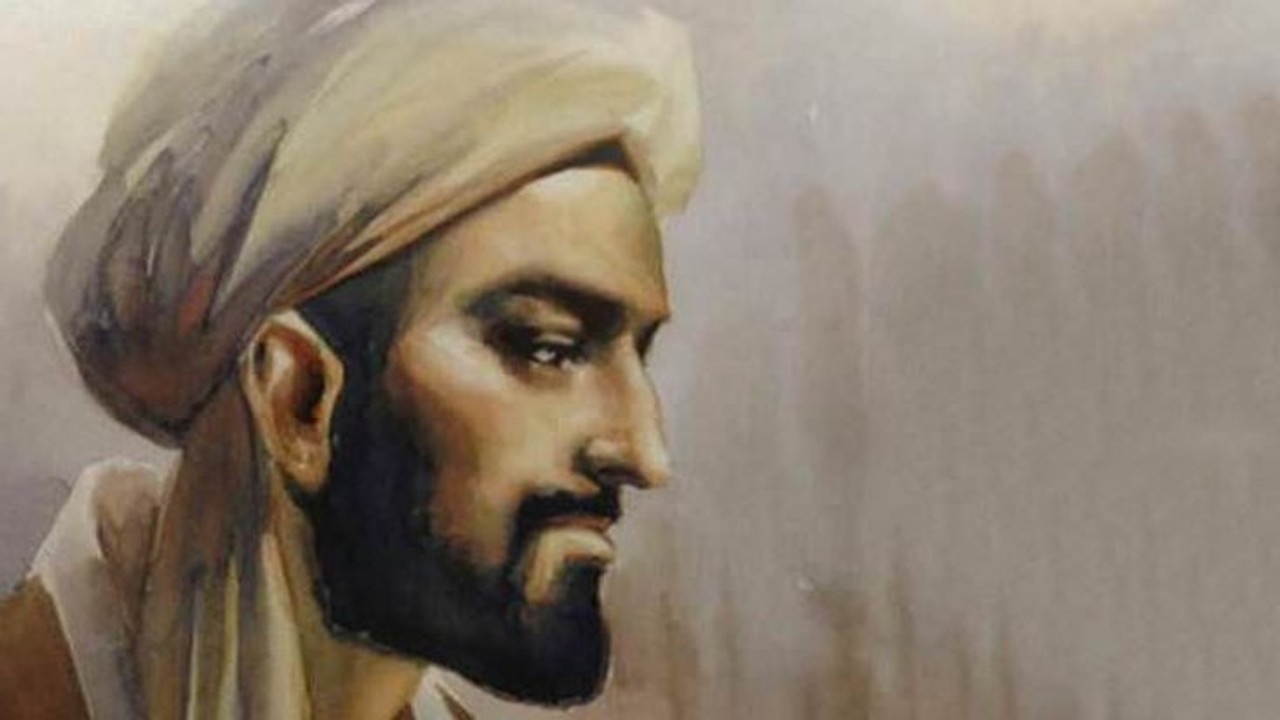
Thanks to his studies in the field of social sciences, Ibn Khaldun He is remembered as the founder of sociology, modern historiography and political sciences. Many important sociologists, Islamic historians and philosophers; They say that he is a pioneer name and especially mention that he is the greatest name in the field of philosophy of history. His political personality is criticized.
Ibn Khaldun, who became known among Ottoman historians from the 16th century onwards, determined the historiography of these people. Many events have been explained by the state theory he put forward. These theories are also used by modern historians. Ibn Khaldun’s science of umran emphasizes that the true meaning of history is actually hidden in secret details.
One of the most important names in Islamic history We answered frequently asked questions such as who is Ibn Khaldun, what does he advocate, and what are his works. Since Ibn Khaldun’s works and thoughts are like an ocean into which we can easily drown, we aimed to provide basic information only to those who know him for the first time.
